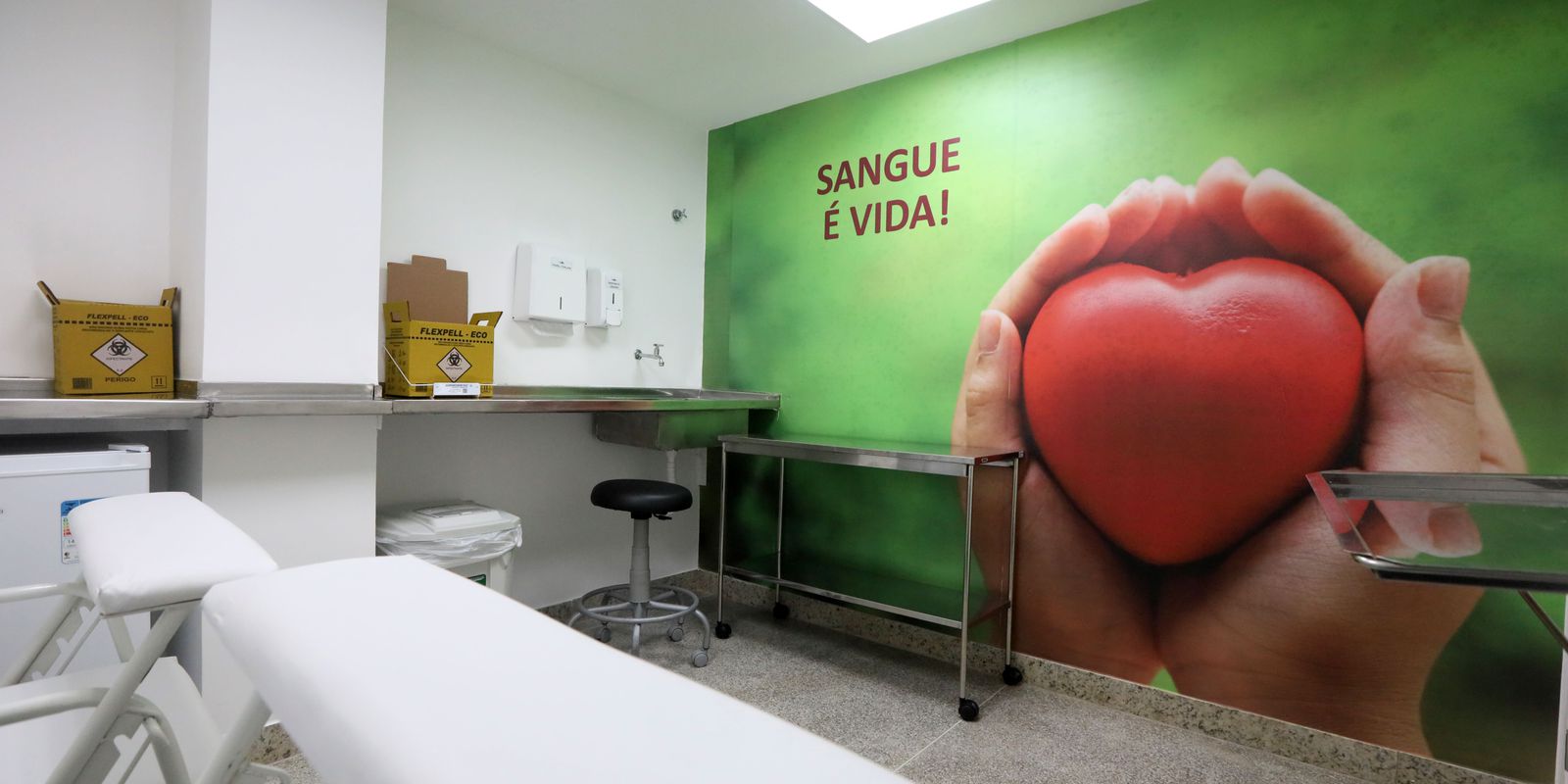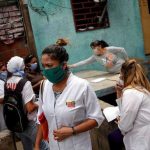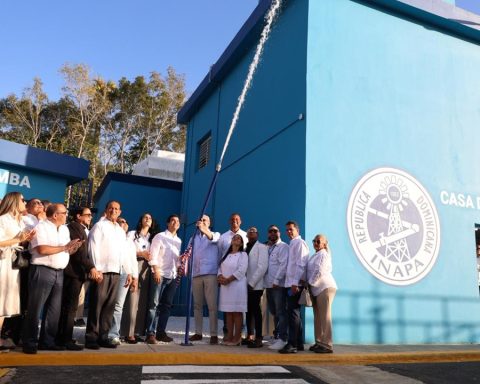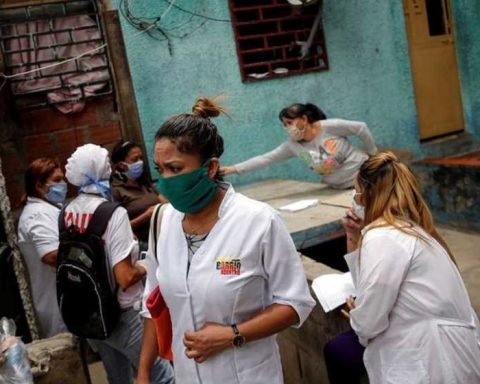As of this Tuesday (14), the Reference Center for Sickle Cell Disease of Bahia, in Salvador, will start operating, which will expand patient care. The public management center was inaugurated this Monday (13) by the Ministry of Health and the government of Bahia.
A variety of medical services will be offered on site. With this, patients will not have to go to other units or even move to neighboring municipalities. Patients with sickle cell disease, for example, suffer from bouts of pain and recurrent infections.
“We want to guarantee effective exams and diagnoses to prolong and guarantee the population’s quality of life”, said the secretary of Specialized Health Care, Helvécio Magalhães, according to a statement released by the ministry. installing the service.
What is sickle cell disease
Sickle cell disease is a hereditary genetic condition (passed from parents to children) most common in the world. It is characterized by the change in the shape of red blood cells, which become sickle-shaped, not rounded. The altered shape makes it difficult for oxygen to reach organs and tissues, causing chronic pain, anemia and infections.
Symptoms appear in the first year of life and last throughout life. The most common are bone and joint pain, especially in the hands and feet; infections (pneumonia, meningitis); sores on the legs that are slow to heal; and sequestration of blood in the spleen (the spleen swells and begins to sequester blood from the body, which can lead to death).
The World Health Organization (WHO) estimates that 2,500 babies are born with the disease each year. Sickle cell disease is more common in the black population.
One of the main exams for early diagnosis is the heel prick test, performed free of charge before the baby is discharged from the maternity ward. In other age groups, the diagnosis can be made with a hemoglobin electrophoresis test.
When the disease is identified, the patient must have medical follow-up for life. The treatment involves assistance from several professionals, such as a nutritionist, psychologist and dentist. The patient and family should also be guided on how to discover signs of severity and preventive measures.
How will the center work?
Bahia is one of the states with the highest incidence of the disease, since it is more common in the black population, which corresponds to 76.3% of the Bahian population. According to the Ministry of Health, between 2015 and 2022, about 6,600 children were born with the condition in the state, one of the highest rates in the world.
The center will be open from Monday to Friday, from 7 am to 7 pm. The government of Bahia informed that, in the first week, people between one and 45 years old, who have a history of anemia of unknown cause, will be screened. The forecast is to apply 100 tests per day to diagnose the disease.
To take the test, you must present your RG, CPF and SUS card. It is necessary to undergo hematological screening for specific evaluation. After this step, the patient can request assistance by e-mail [email protected]. For patients already monitored by the service, appointments must be scheduled by calling (71) 3116-5675 or 3116-5676, from 8:00 am to 7:00 pm, Monday through Friday, or by email at consulta.ambulatorio@hemoba. ba.gov.br.
The center will offer services in hematology, orthopedics, hepatology, neurology, ophthalmology, as well as a nutritionist, psychologist, dentistry, physiotherapist, social worker and pharmaceutical assistance.


















